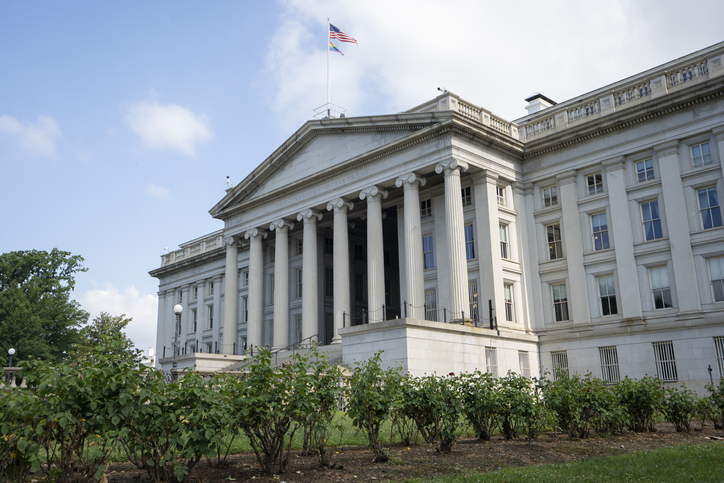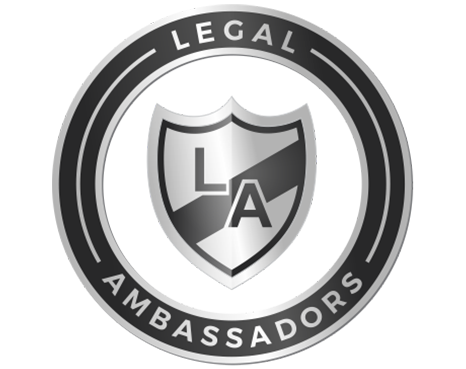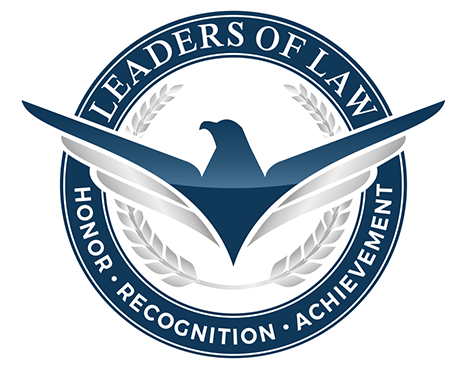At Mehtani Law Offices, P.C., our Beverly Hills employment law attorney knows that employees are entitled to varying accommodations in California, including those that apply to their religious beliefs.
Before June 29, 2023, employers were free to deny religious accommodation where it imposed “more than a de minimis cost” on the employer’s business. — relatably described as an undue hardship or undue burden on the employer’s business.
After June 29, 2023, the U.S. Supreme Court issued a rare unanimous ruling in Groff v. DeJoy and set a higher standard for employers to meet when denying religious accommodations under Title VII of the Civil Rights Act of 1964.
Here is what those changes mean to California employees and employers.
What Does the U.S. Supreme Court Groff v. DeJoy Ruling Mean to California Workers and Their Employers?

Groff v. DeJoy was a case involving an evangelical Christian postal carrier employed by U.S. Postal Service (USPS) in Pennsylvania who devoted Sundays to worship and rest instead of work.
When USPS contracted with a third-party e-commerce website to deliver their packages on Sundays and scheduled Groff, among other carriers, for Sunday work, Groff requested religious accommodation to relieve him of Sunday duty. His request was denied.
When Groff refused to report to work on Sundays, other staff members were required to take over his duties. According to USPS, this resulted in significant disruptions to its business, multiple employee complaints, and at least one union grievance from an employee required to take on Groff’s shifts.
USPS subjected Groff to progressive discipline while he refused to report to work for over twenty Sunday shifts. Groff resigned and sued USPS for religious discrimination in violation of Title VII.
Once the legal process began, the trial court that initially reviewed Groff’s case and the United States Court of Appeals for the Third Circuit affirmed USPS’s decision to deny Groff’s accommodation request. More specifically, the Third Circuit held that Groff’s exemption request imposed more than a de minimis cost because it “imposed on his coworkers, disrupted the workplace and workflow, and diminished employee morale.”
Groff appealed to the U.S. Supreme Court, asking it to reconsider the “de minimis cost” test, and urged the Justices to adopt the test to evaluate whether a requested accommodation constitutes an “undue burden” under the Americans with Disabilities Act, which requires an employer to show that the accommodation would impose a “significant difficulty or expense.”
In a 9-0 opinion authored by Justice Alito, the U.S. Supreme Court overturned the Third Circuit, ruling that it applied the wrong test to Groff’s Title VII claims.
California employers, and those across the country, must now show that the burden of granting a religious accommodation “would result in substantially increased costs in relation to the conduct of its particular business.”
If you believe your California employer has denied your legal rights to workplace accommodations — religious or otherwise — contact our experienced Los Angeles County employment law attorney at Mehtani Law Offices, P.C. by calling 310-776-3590 or contact us online for help today.
 310-776-3590
310-776-3590





